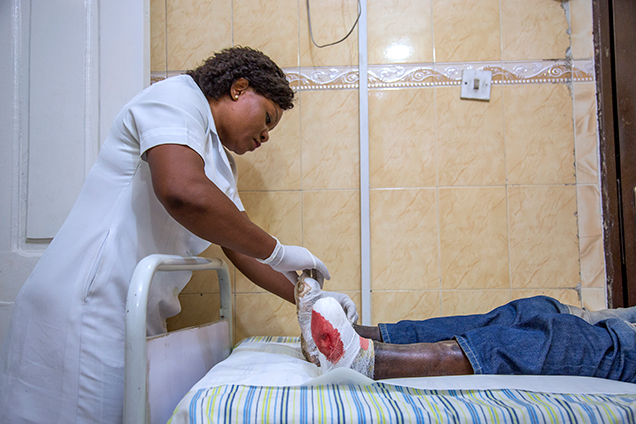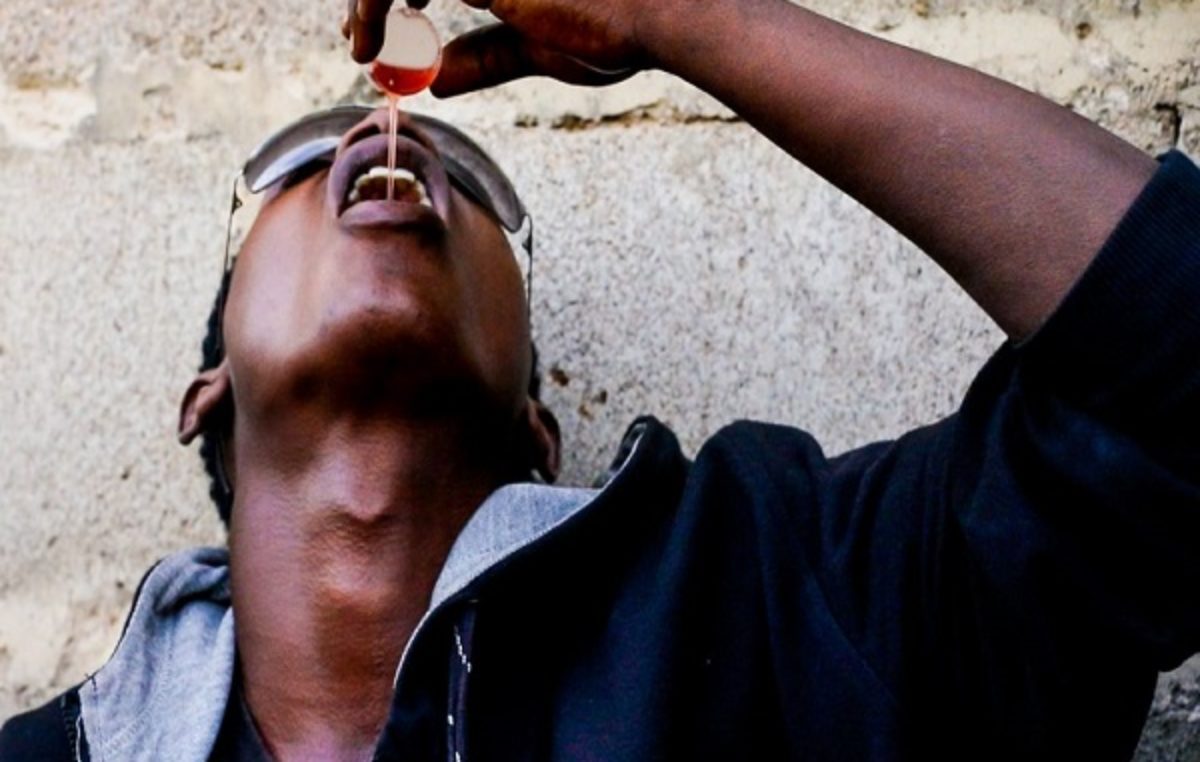Experts Raise Concern Over Control Of Diabetes Among Nigerians
Medical experts who gathered at the 2018 One- Day Diabetic Summit organized by Sanofi Aventis have raised concern over the care and control of diabetes in Nigerians already living with the condition.
With the theme: “Personalizing Diabetes Care” the consensus among the experts from Nigeria, USA, Egypt, Cameroun is that Nigerians living with diabetes, like other Africans, are not achieving treatment control in line with international standards.
Complications such as foot amputation are reportedly on the increase in the country.
In a paper “Management of Mealtime Hyperglycaemia” a professor of medicine and endocrinology, from the Faculty of Medicine and Biomedical Sciences, University of Yaounde, Yaounde, Cameroon, Jean Claude Mbanya, told the Summit that only few people living with diabetes are achieving treatment clinical goals in Africa. Nigerian Citing data collected in 2016 from some African countries, Mbanya disclosed that less than 5 percent of people with either Type 1 or Type 2 Diabetes Mellitus are achieving glycaemic target of HbA1c<7 percent – the blood test routinely performed in people with diabetes to measure their hemoglobin level and how well their diabetes is being managed over time.
He listed three top reasons people with type 2 diabetes are not achieving glycaemic goals as: lack of diabetes education, lack of insulin titration (the right insulin dosage prescribed by the physician) and lack of experience in self-management while people with type 1 diabetes are not also achieving control due to: fear of hypoglycaemia (low level of blood glucose), lack of insulin titration and lack of diabetes education.
Corroborating this view, Team Lead, Public Health Advisory, Health Strategy and Delivery Foundation, Dr Lilian Anomnachi said Universal Health Coverage is not possible without Universal access. “Thus, for diabetes patient to achieve control, there must be availability of good quality diabetes care and treatment services within reasonable reach of those who need them; ability to pay for diabetes care and treatment services without financial hardship and willingness to seek diabetes care and treatments”
“In Nigeria, these are not in place. Current standing orders for nurses and other supportive health workers is not optimizing the limited workforce in diabetes care and treatment.
“Most Nigerians in need of diabetes care and treatment are exposed to risks of catastrophic expenditure and financial hardship from treatment and complications.”
Anomnachi further explained how poor awareness about diabetes prevention, care and treatment also contribute to the inability of Nigerians living with diabetes to achieve control while managing the disease.
According to her, screening for diabetes is not integrated into basic and routine health services in Nigeria across all levels of care. the Healthcare plan for the indigent, disadvantaged and vulnerable people living with diabetes.




